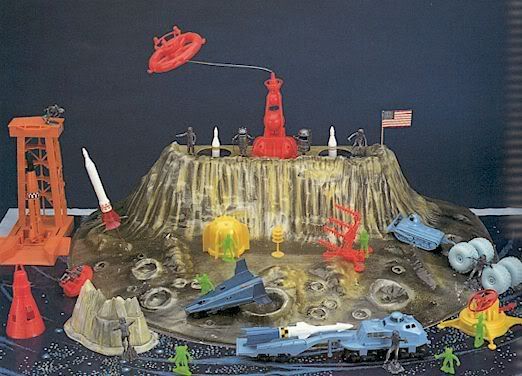
Once again, the Harry Potter books are under attack. This time, a mother of three elementary school children in the suburban Atlanta area has been petitioning the library to remove the books from the shelves. She says the books are "mainstreaming witchcraft in a subtle and deceptive manner." She also complains that children don't need to read about murder, greed and violence. In rejecting her petition, the Georgia Board of Education said the books encourage reading and help develop imagination and creativity. The board added that a ban on all books referring to witchcraft would end up including classics such as "Macbeth'' and ''Cinderella."
This is an old argument. Since 1999, the Potter books have been at the top of the American Library Association's list of most-protested books. The complaints come from religious groups - some of which have banned the books to their congregations - who find the subject of witchcraft in opposition to their reading of scripture. In fact, in 2001, a church in New Mexico held a bonfire in which Harry Potter books were burned, along with CDs by Eminem and copies of Walt Disney's Snow White film. "Behind that innocent face is the power of satanic darkness," said Jack Brock, the pastor of the Christ Community Church in Alamogordo, N.M. "Harry Potter is the devil and he is destroying people."
Another minister in Lewiston, Maine, wanted to burn the books, but couldn't get a permit from the city. Instead, he cut them up in public. Penecostal minister Douglas Taylor was quoted as saying "I wanted to burn the books because the Bible gives me the authority to burn magic books." This was in 2002.

Book burnings (and book desecrations) have always been around, going back at least to medieval times. In the 20th Century, the government of Nazi Germany famously burned books in massive bonfires, often accompanied by rallies of the Nazi party. In the 1960s, U.S. groups burned stacks of records by The Beatles, after John Lennon commented that rock and roll was more popular with kids than Jesus. (A statement which, even 40 years later, continues to be misunderstood.)
 Religious groups are certainly entitled to believe what they will, but why do they need to see that the books are banned? What about people who don't follow their brand of fire-and-brimstone beliefs? By banning the books, they would deny an entire population access to them. So what if the books do encourage witchcraft? (We don't think they do.) Just because witchcraft may be in opposition to what some people believe doesn't mean it represents an illegal activity. People like the suburban Atlanta mother of three seem to have confused legal rights with religious doctrine. Has separation of church and state ever been taught to these folks? (Perhaps they burned the book that had that particular lesson.) As silly as much of this seems, those who would ban books, or music, or speech should be taken seriously. They could end up being successful.
Religious groups are certainly entitled to believe what they will, but why do they need to see that the books are banned? What about people who don't follow their brand of fire-and-brimstone beliefs? By banning the books, they would deny an entire population access to them. So what if the books do encourage witchcraft? (We don't think they do.) Just because witchcraft may be in opposition to what some people believe doesn't mean it represents an illegal activity. People like the suburban Atlanta mother of three seem to have confused legal rights with religious doctrine. Has separation of church and state ever been taught to these folks? (Perhaps they burned the book that had that particular lesson.) As silly as much of this seems, those who would ban books, or music, or speech should be taken seriously. They could end up being successful.The lack of a law prohibiting that which religious groups consider offensive doesn't preclude them from staying away from it, or telling their children to stay away from it. What they're really saying is that theirs is the only right and true belief system, and any opposition to it should carry the penalty of law. Their lack of understanding of the principles of American democracy is staggering.
Banning and censoring books, music, film or speech in general is a profoundly un-American activity. It's not an accident that the Constitution's prohibition on Congress making any law to restrict speech is the first amendment.

The failure to grasp this most basic principle of freedom is not surprising, given that these same groups failed to acknowledge a spoof that appeared in The Onion ("Harry Potter Books Spark Rise In Satanism Among Children," July 2000) as satire, and the article was e-mailed as proof that the Harry Potter books made children turn to Satanism. Even some would-be leaders don't get it. Just last month, former Republican Speaker of the House Newt Gingrich advocated new restrictions on speech as a tool in the "war on terror." Evidently, Gingrich believes that one can save democracy by suspending democracy.
Vigilance against ignorance is the price for an enlightened society.










